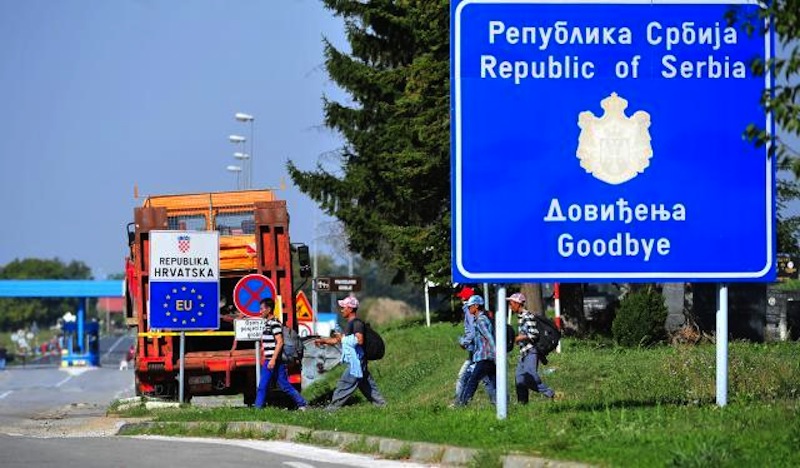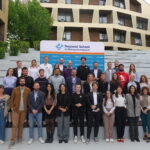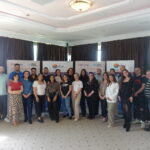This June, BFPE’s Marko Savkovic presented at the conference “Croatia in Contemporary Security Environment – Threats, Challenges and Responses”, organized jointly by Institute for International Relations and Development (IRMO) and the Croatian Defense Academy.
Marko presented on how relations between Croatia and Serbia have evolved ever since the former had become a NATO member. Since then, he re-worked his original remarks for the purpose of conference proceedings, which can be accessed HERE. Marko’s contribution starts at p. 93.
Croatia’s entry into the Euro-Atlantic security structures did not bring the positive outcomes many expected – it did not contribute to the region’s stabilization, or had a soothing effect on interethnic relations in Bosnia and Herzegovina; it did not help influence other candidate countries to take their obligations more seriously; and failed to persuade Serbia – the other most important country in the region – to critically reassess its policy toward Euro-Atlantic integration. This paper attempts to analyze why this is so; first, by considering the constellation of power, which lies at the very heart of Serbia’s foreign policy; second, by reading through the narrative affecting the relations; and third, by listing the priorities that are currently laid in front of Serbia’s political leadership. Finally, we aim to speak more of a low-key positive dynamics which has been largely unnoticed by the ruling elites.













